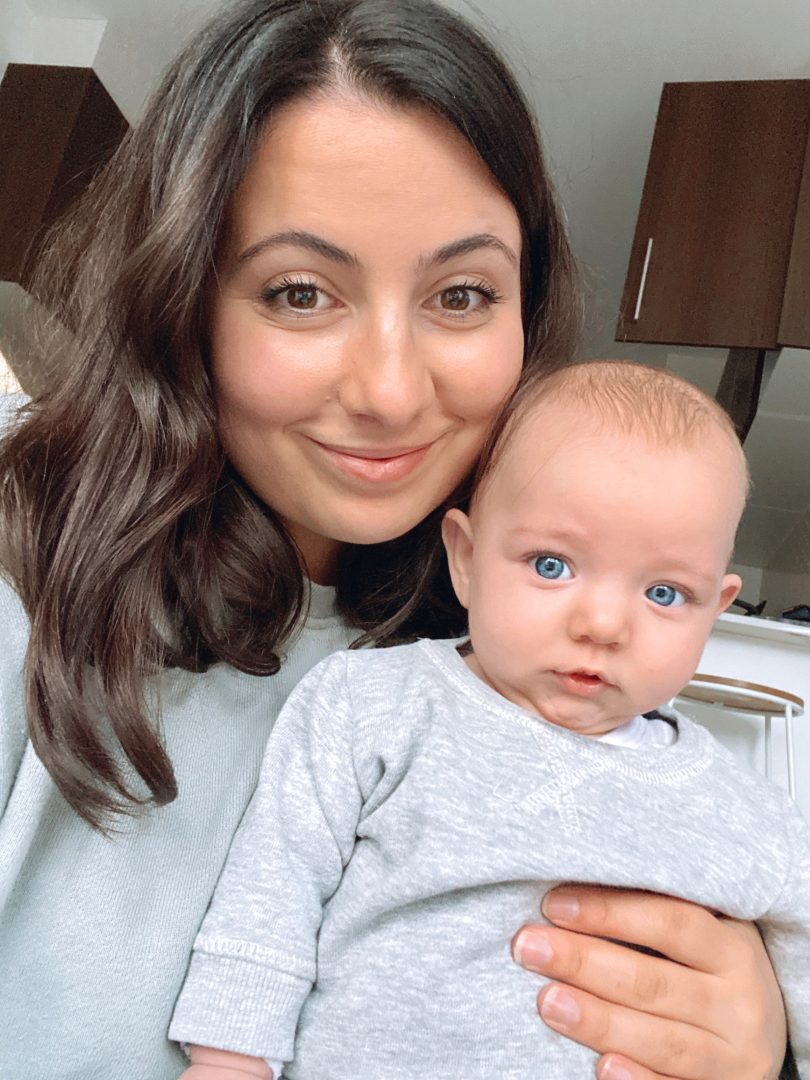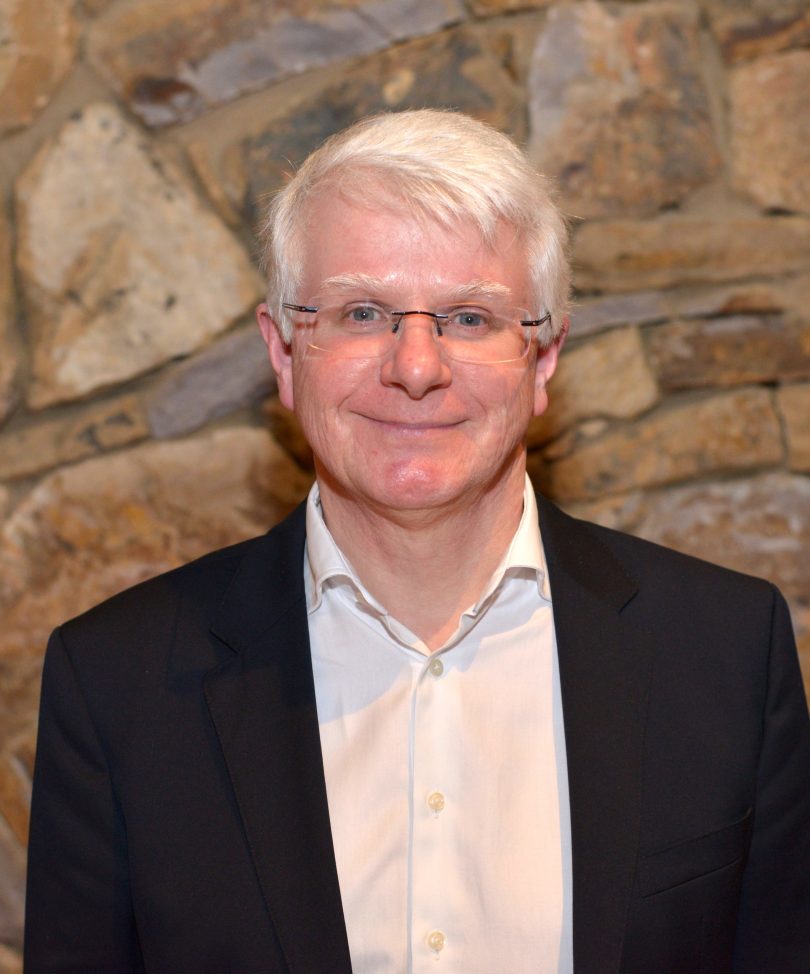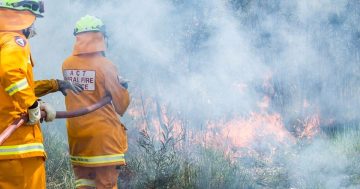
New mum Sophie Brian and her four-month-old daughter, Parker. Photo: Supplied.
Sophie Brian and her partner, Daniel Schorn, are proud new parents of their first child, Parker, a healthy, bubbly, blue-eyed, four-month-old girl with the world at her feet.
Sophie says she will tell Parker about the special time she was born: conceived just before the past summer’s bushfires and born in April during the height of the first COVID-19 lockdown.
“It was definitely scary,” she tells Region Media between nap time for Parker. “There were a lot of little things that impact your frame of mind.
“My family are all in Sydney so I wasn’t able to have my mum there for the birth. It was hard for my family to come and see her at the beginning. We couldn’t have a baby shower which is a little thing when you look back on it, but they are still important parts of being pregnant through bushfires and then COVID-19.”
Sophie says she is thankful her pregnancy was without complication, but there were times when she worried about the effects of bushfire smoke and the additional stress of COVID-19. Once Parker was born, the new parents were grateful to wrap themselves in a new-born bubble and enjoy their first days as a family.
“There’s been lots of video calls with my family,” she says. “Your body is changing so much and I wanted to do things like exercise, but my GP told me not to go outside while the bushfire smoke was around. So I was wearing a mask back then when I did have to go out.
“My appointments with midwives were at home and there were a few tests that my partner couldn’t come to, but it was fairly straightforward.”
Sophie says a new survey developed by the Australian National University (ANU) will be very helpful to examine the effects of the past summer’s bushfires and COVID-19 on pregnant women and their babies.
The four-stage Mother and Child 2020 survey is part of a larger study – in partnership with the University of Canberra, University of Wollongong, Canberra Health Services and NSW Health – to determine how these recent crises have impacted living conditions, as well as the mental and physical health of new mothers and their babies.

Lead researcher Professor Christopher Nolan, from ANU. Photo: Supplied.
Lead ANU researcher Professor Christopher Nolan says the results will be used to form a series of recommendations for how to improve our health system and emergency responses during major crises.
“We need to listen to the experiences of these mothers and look at the challenges they faced during the bushfires and pandemic,” he says. “Understanding these challenges is the only way we can look to improve these systems in the future.”
Cobargo resident Zoey Salucci was seven months pregnant when the bushfires forced her to evacuate her home with her two-year-old daughter and find shelter on a beach in Bermagui.
“The smoke was so thick I couldn’t breathe,” she says. “Being pregnant, your lungs are already squashed and this made it feel so much worse.
“I ended up sitting in a car because I couldn’t handle the smoke and I knew I would end up having to run to the beach if the fire got close.
“I was under the most intense and indescribable stress that I have ever experienced. Not knowing how to escape or what the smoke was doing to my baby was the most horrible feeling.”
Rebecca Clark gave birth to her youngest daughter in Canberra during the height of COVID-19 restrictions. She says stress was her major concern as well.
“Ten minutes before I went in for my C-section, we still hadn’t been told whether my husband would be allowed in with me,” says Rebecca.
“I spent a lot of my pregnancy feeling locked up and stressing about whether the bushfire smoke had an effect on my baby, and because of COVID-19, the stress and uncertainty stayed with me even in those final moments before I had my daughter.”
The survey is available to anyone who was pregnant or had a baby no older than three months on 1 February, 2020, or became pregnant by 30 April, 2020, in Canberra and southeast NSW. Researchers are particularly interested to hear from Aboriginal and Torres Strait Islander mothers, and women from culturally diverse backgrounds.
You can register for the Mother and Child 2020 survey via the ANU website. The researchers hope to deliver results within 12 weeks.













